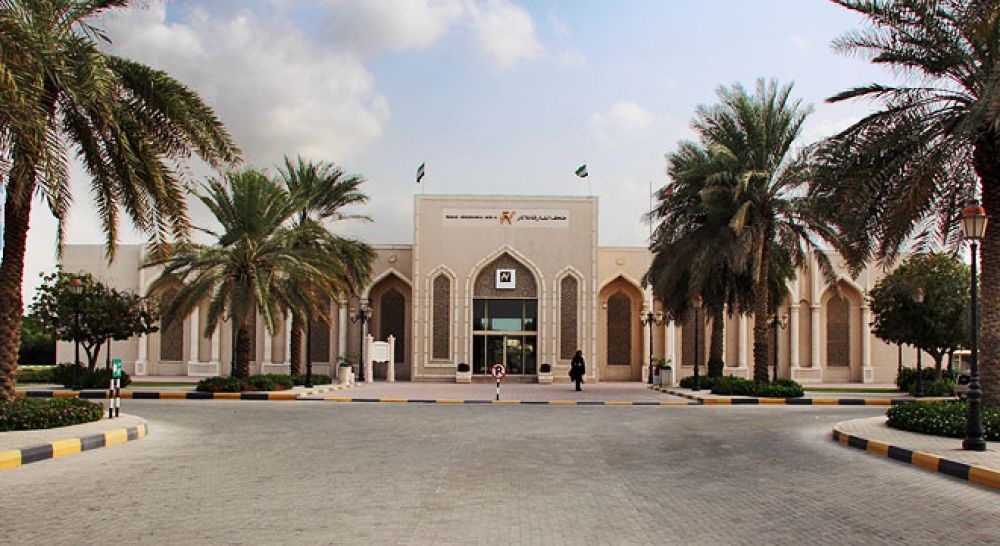

Sharjah, one of the seven emirates that make up the United Arab Emirates (UAE), has a rich history and significant cultural heritage. The region has a recorded history of human settlement that extends back over 5,000 years, evidenced by numerous archaeological sites and findings. Sharjah has been recognized as the Cultural Capital of the Arab World by UNESCO in 1998, highlighting its dedication to preserving its archaeological treasures and promoting cultural tourism.
The history of tourism in Sharjah can be traced back to the 1970s when the emirate started investing in infrastructure and cultural institutions. These early investments laid the foundation for the development of Sharjah as a tourism destination. As the UAE became known for its oil wealth, Sharjah began to showcase its cultural assets to differentiate itself from its neighbors, and to diversify its economy through tourism.
In the 1980s and 1990s, the emirate witnessed an increased focus on archaeological excavations and research, leading to the establishment of many museums and historical sites. Sharjah Archaeology Museum was opened in 1997 and played a pivotal role in displaying artifacts that tell the story of the emirate's ancient past, from the Stone Age to the present day.
Important archaeological sites like Mleiha, Dibba Al-Hisn, and Jebel Buhais provide visitors with insights into the region's history. Mleiha, in particular, offers a window into Bronze Age and Iron Age settlements. The Mleiha Archaeological Centre, which opened in 2016, invites tourists to explore the pre-Islamic history of the Arabian Peninsula, with various tours and educational programs.
Under the leadership of His Highness Sheikh Dr. Sultan bin Muhammad Al-Qasimi, the ruler of Sharjah, the emirate has experienced a renaissance in both cultural and heritage tourism. The Heart of Sharjah, a restoration project aimed at reviving the historical area of the city, further cements the emirate's commitment to heritage preservation. Authenticity, conservation, and education are the driving forces behind Sharjah's tourism initiatives.
The latest trends in Sharjah's tourism sector revolve around sustainable and responsible tourism practices. The Sharjah Commerce and Tourism Development Authority has been active in promoting environmental responsibility, and preserving the emirate's natural and cultural resources. Eco-tourism is becoming increasingly popular, with visitors showing an interest in Sharjah's east coast, deserts, and the biodiversity conservation centers such as the Sharjah Desert Park and Kalba Bird of Prey Centre.
Global events such as the Sharjah Biennial, an international platform for contemporary art and cultural exchange, have also put Sharjah on the map for cultural tourism. These events attract visitors from all over the world and provide a stage for a dialogue about history, culture, and modernity. Sharjah's investment in art, education, and cultural events has secured its position as a leading destination for cultural tourism in the region.
In conclusion, Sharjah's dedication to archaeology and the preservation of its historical sites has made it a unique and valuable destination for tourists interested in cultural and historical experiences. The emirate continues to evolve its tourism offerings, staying true to its roots while adapting to the latest trends in the global travel industry.